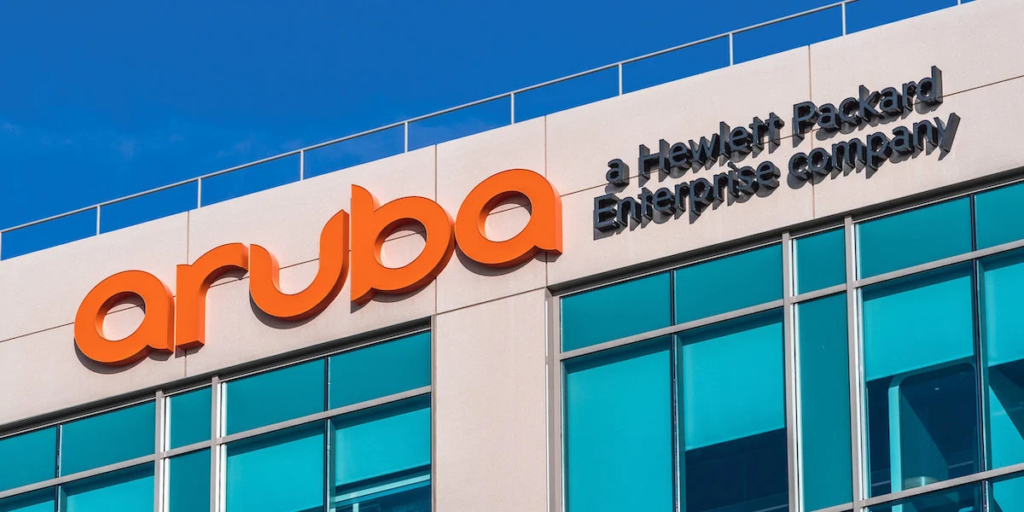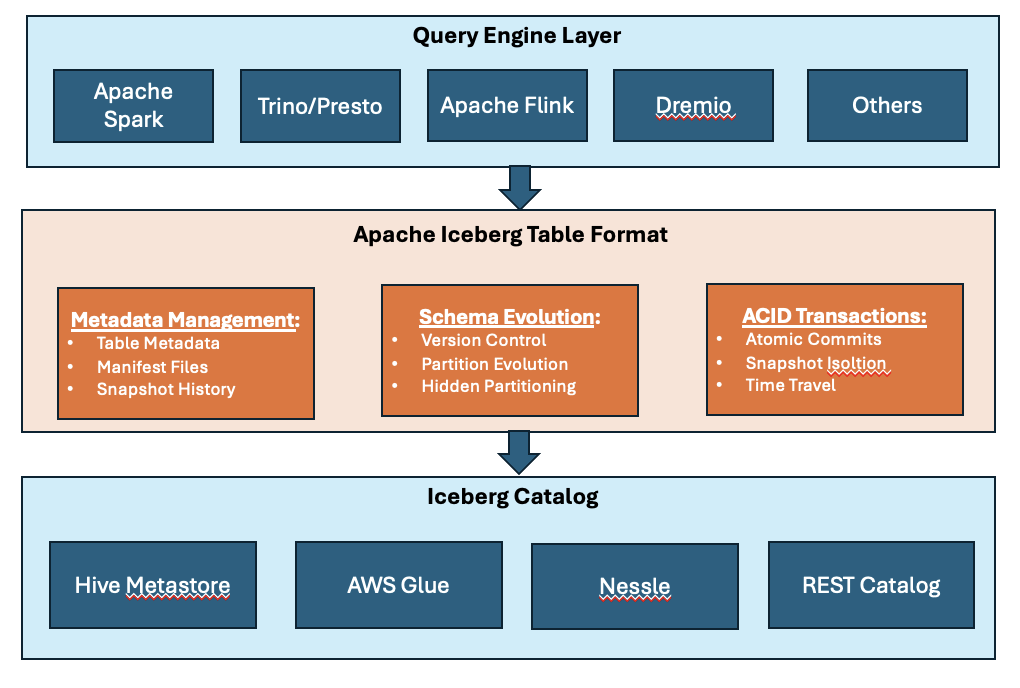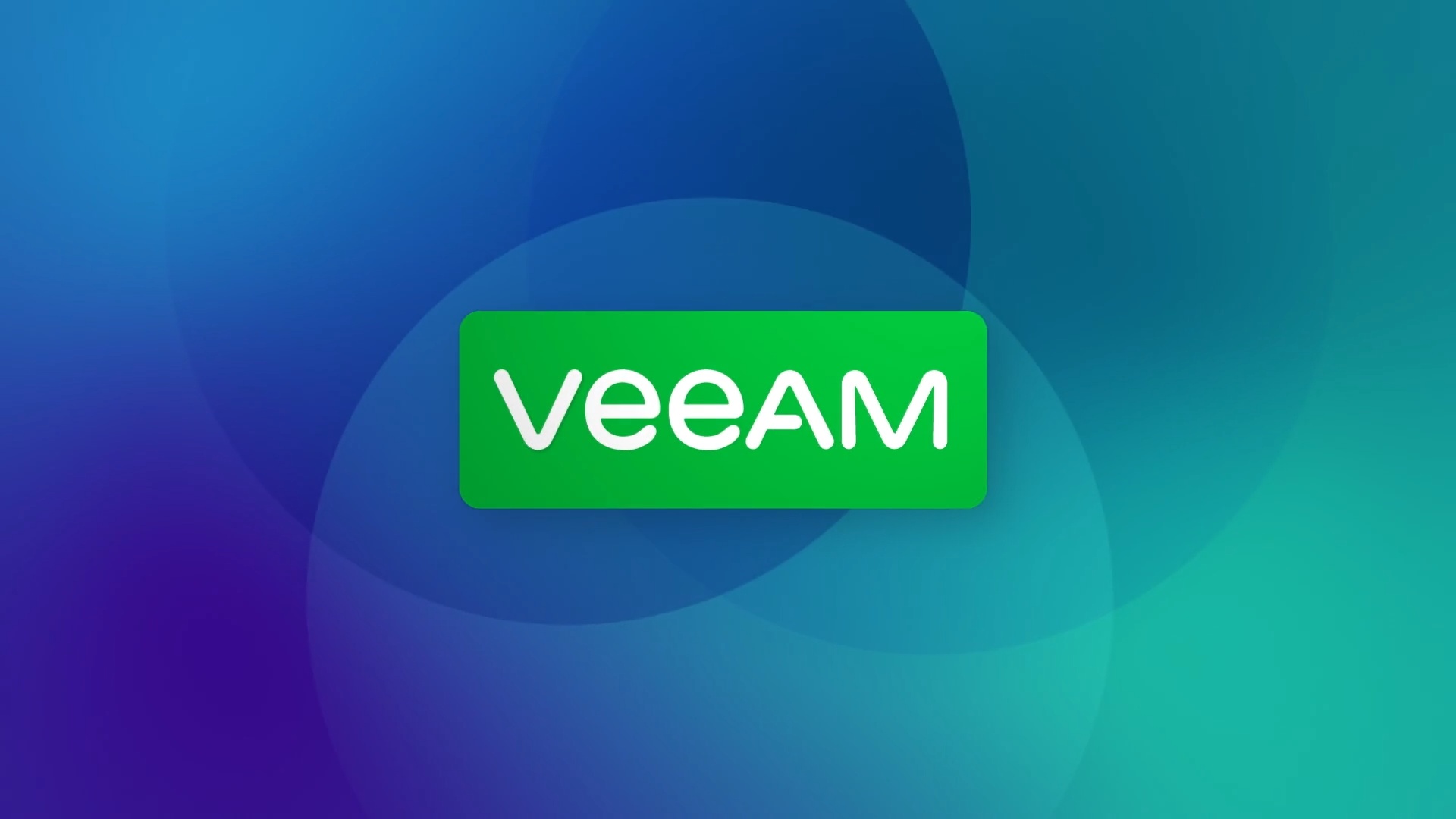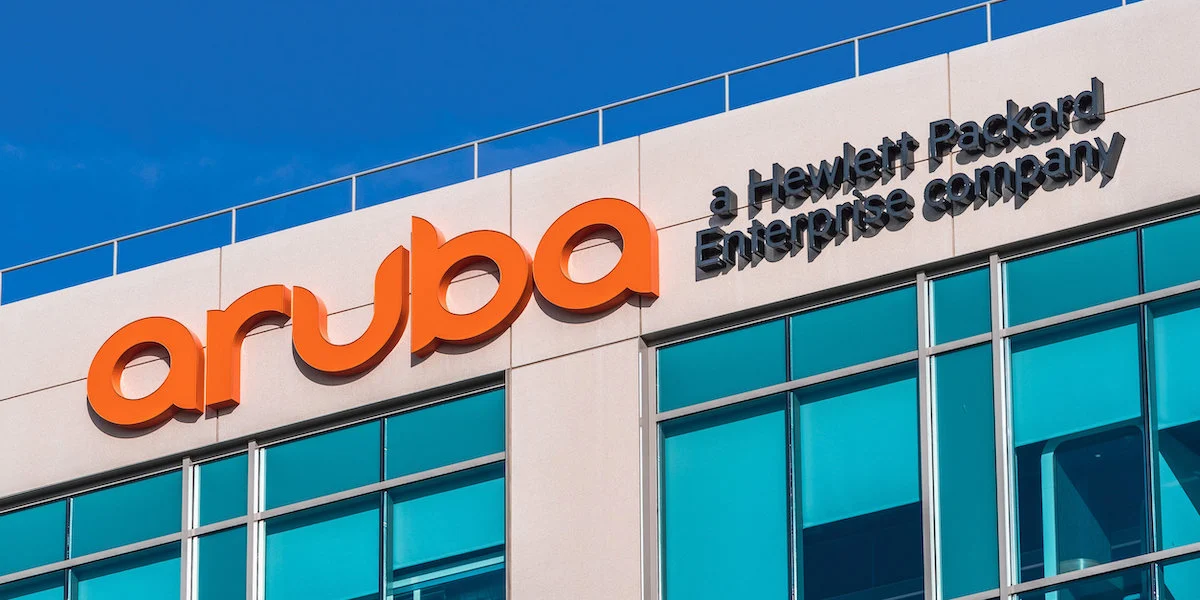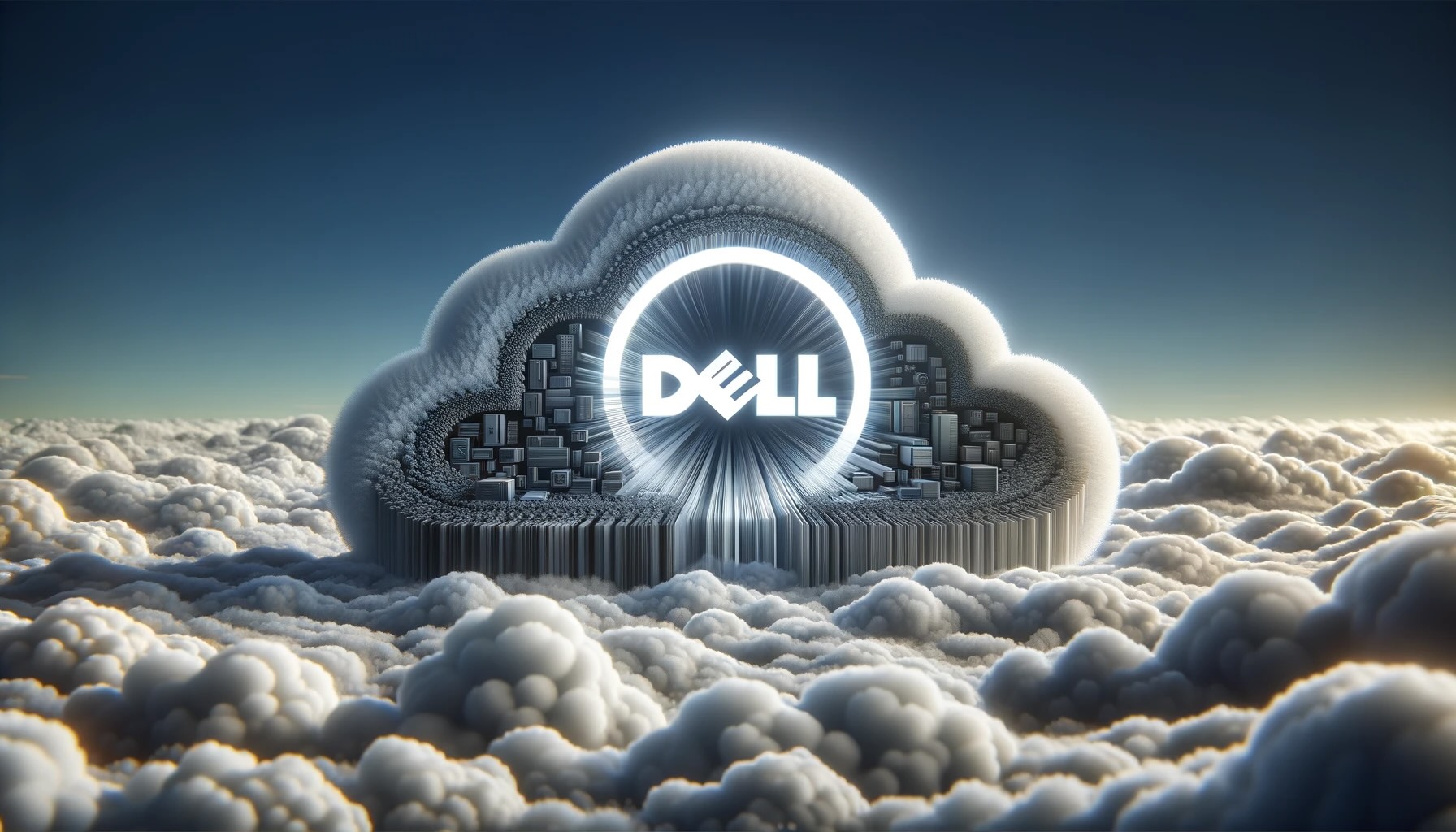HPE’s strategy for its Aruba networking division is shifting from a general-purpose networking offering to a security-first, AI-powered solution that enables simple, smart and secure connectivity across a unified edge-to-cloud infrastructure.
An AI wave is soon to hit enterprise shores and is bringing a need to totally rethink enterprise network design, support models, and functional capabilities. HPE is spending billions to develop offerings for IoT, distributed computing, and artificial intelligence (AI).The years-long build is leading to HPE’s realization that a more advanced network offering is critical to the successful deployment of its AI portfolio, hence the pending Juniper acquisition.
HPE’s Aruba/Intelligent Edge division reported 2023 revenues of $1.4 billion, an increase of 41% year-over-year (YOY). Adding to their networking portfolio, HPE recently announced its intent to acquire Juniper Networks, a move which doubles HPE’s networking business, and is projected to increase overall profits by 35%. The financials are impressive, and if Aruba was a standalone networking company I would say they are on the right track. However, HPE is looking beyond the current balance sheet. They are positioning to leverage their next-gen network offerings as an enabler for dominating the AI market.
By all appearances Dell Computer, HPE’s closest Al competitor, has no interest in bringing to market a competitive next-gen network offering. During its annual conference, Dell’s only announcement of note in the networking arena was the NVIDIA GPU partnership. A technology that is critical for server-to-storage communications but has limited significance to the baseline networking capabilities required to meet the increasing demands of AI applications. Where HPE is looking to leverage its GreenLake as-a-service network offerings to ensure the success of its AI model, Dell is content to leave the networking component to others, i.e. Cisco.
Cisco’s dominance in the global market is undeniable. In 2023, Cisco reported impressive revenues of $57 billion, nearly double HPE’s entire portfolio of $29 billion. Notably, the Aruba networking division contributed just $1.3 billion to HPE’s revenue. While HPE’s integration of Juniper’s AI-driven technology may bridge the gap, it remains unlikely that they pose a significant threat to Cisco.
Though HPE CEO Antonio Neri would likely be more than happy to steal away $50 billion of Cisco’s market share, this isn’t what HPE is chasing. HPE knows that next-gen network infrastructure is a critical enabler for deploying AI systems and applications. They also know the challenges of such deployments in the enterprise environment.
Enterprise consumers are beginning to favor integrated networking solutions over disparate best-in-breed options. They seek interoperability with cloud-based systems, a unified management platform, a clear technology roadmap, and cost-effective implementation. These demands arise from IT departments dealing with reduced staffing, shrinking capital budgets, and the urgency to implement AI strategies. In this context, HPE stands out with its technology, expertise, and strategic partnerships, ready to tackle the challenges on behalf of enterprise customers.
As AI use cases materialize, the fuzzy infrastructure picture sharpens. The smart folks in the room are realizing legacy networking technology isn’t enough. AI is doomed if this infrastructure isn’t quickly upgraded. Rapidly replacing legacy infrastructure is a heavy lift. One not seen since Ethernet beat Token-Ring into submission in the late 90’s. HPE’s move to acquire next-gen technology (Juniper), and to not only integrate the tech into its Aruba offerings, but bundle it with AI as a consolidated GreenLake service, allows HPE to meet the customer where it matters most, at the beginning of their AI journey.

